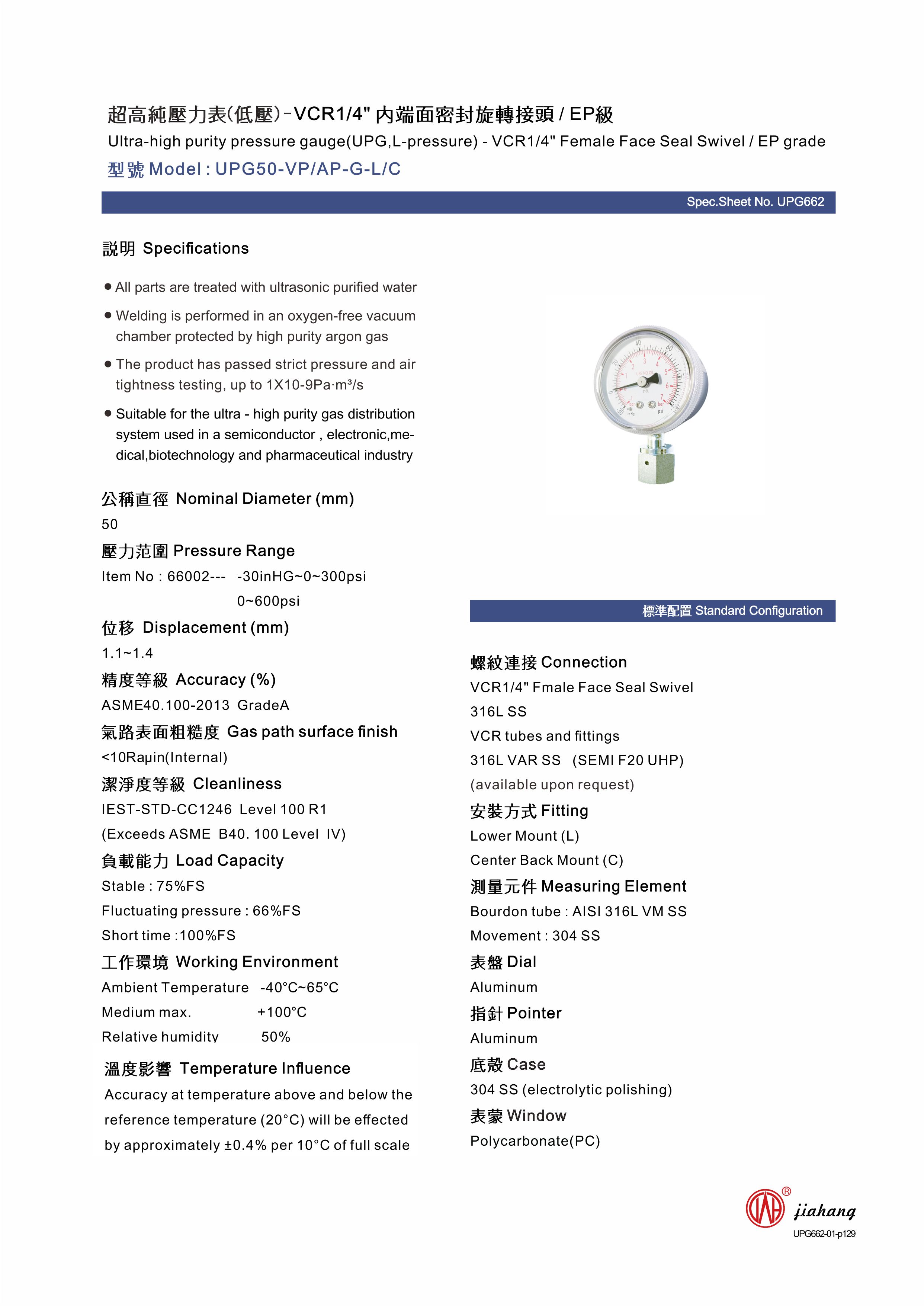
Oct . 15, 2024 01:00 Back to list
Understanding the Functionality and Applications of Differential Pressure Gauges in Various Industries
Understanding Differential Pressure Gauges A Comprehensive Overview
Differential pressure gauges are vital instruments used across various industries to measure the pressure difference between two points in a system. Their applications are vast, from monitoring air filters in HVAC systems to ensuring optimal performance in chemical processes. This article will delve into the fundamental principles, applications, and advantages of differential pressure gauges.
What is a Differential Pressure Gauge?
A differential pressure gauge is a device that measures the difference in pressure between two locations, providing crucial data that can indicate the performance and condition of equipment and systems. Unlike standard pressure gauges, which measure absolute pressure, differential pressure gauges are specifically designed to compare pressures at two points.
The working principle of these gauges is relatively simple. They consist of two pressure ports one connected to the high-pressure side and the other to the low-pressure side. The gauge calculates the difference between these two pressures, which can be displayed in various units, such as psi, bar, or Pascal.
Applications of Differential Pressure Gauges
1. HVAC Systems In heating, ventilation, and air conditioning (HVAC) systems, differential pressure gauges monitor air filter performance by measuring the pressure drop across filters. A significant change in pressure indicates that filters may need cleaning or replacement.
2. Industrial Processes In many industrial applications, differential pressure measurements can help optimize processes. For example, in chemical manufacturing, monitoring the pressure difference across reactors or columns can ensure that processes operate within safe limits, preventing equipment failure.
3. Fluid Flow Monitoring Differential pressure gauges are also extensively used in fluid dynamics. By measuring the pressure drop across orifices, nozzles, and venturi tubes, these gauges can determine flow rates. This application is crucial in industries like oil and gas, where maintaining proper flow rates is essential.
differential pressure gauge jah

4. Cleanrooms In pharmaceutical and semiconductor manufacturing, maintaining strict environmental controls is crucial. Differential pressure gauges are used to monitor the pressure differences between cleanrooms and adjacent areas, ensuring that contamination is kept at bay by preventing the ingress of unfiltered air.
5. Water Treatment Plants Monitoring the pressure across filters in water treatment facilities ensures effective filtration processes. Changes in differential pressure readings can signal the need for maintenance or replacement, contributing to the overall efficiency of the water treatment process.
Advantages of Differential Pressure Gauges
1. Versatility One of the significant advantages of differential pressure gauges is their versatility. They can be used in various applications, from monitoring air quality in buildings to controlling flow rates in pipelines.
2. Cost-Effectiveness Differential pressure gauges tend to be relatively low-cost instruments, especially when compared to more complex flow measurement devices. This cost-effectiveness makes them accessible for a wide range of applications.
3. Real-Time Monitoring These gauges provide real-time data, allowing for immediate reactions to any significant changes in system performance. This capability is crucial in preventing system failures and ensuring operational efficiency.
4. Durability and Reliability Many differential pressure gauges are designed to withstand harsh industrial conditions. Their robust construction ensures accurate readings over time, contributing to reliable operations.
Conclusion
Differential pressure gauges are indispensable tools in various industries, providing essential data for maintaining system efficiency, safety, and reliability. Their simplicity, coupled with their ability to deliver accurate real-time information, makes them a valuable asset in monitoring and optimizing numerous processes. As industries continue to evolve and seek greater efficiency, the role of differential pressure gauges will likely expand, further solidifying their importance in modern industrial applications. Whether in HVAC systems, industrial processes, or fluid dynamics, understanding and utilizing these instruments can lead to significant improvements in operational performance.
-
High-Precision 5 Valve Manifold Differential Pressure Gauge Suppliers
NewsApr.29,2025
-
High-Precision Diaphragm Vacuum Pressure Gauges Manufacturers & Quotes
NewsApr.29,2025
-
Omega Differential Pressure Gauges High Accuracy & Durability
NewsApr.28,2025
-
Low Pressure Differential Pressure Gauges Precision Solutions & Quotes
NewsApr.28,2025
-
Digital Diaphragm Pressure Gaauge Precision Measurement & OEM Quotes
NewsApr.28,2025
-
Differential Pressure Gauge China Price High-Accuracy & Best Quotes
NewsApr.28,2025
